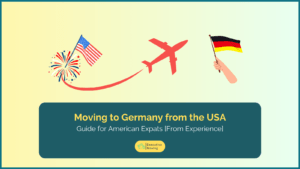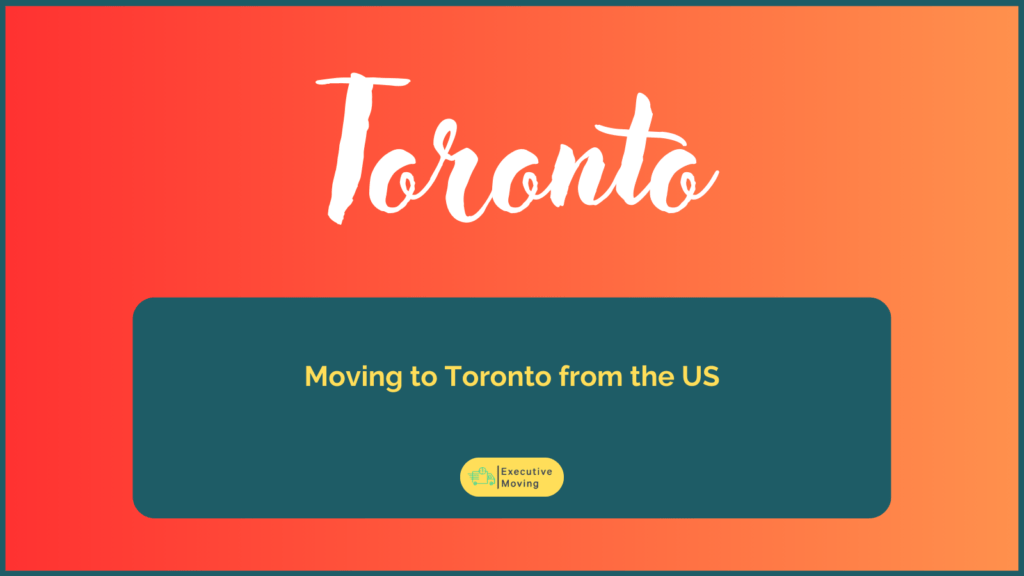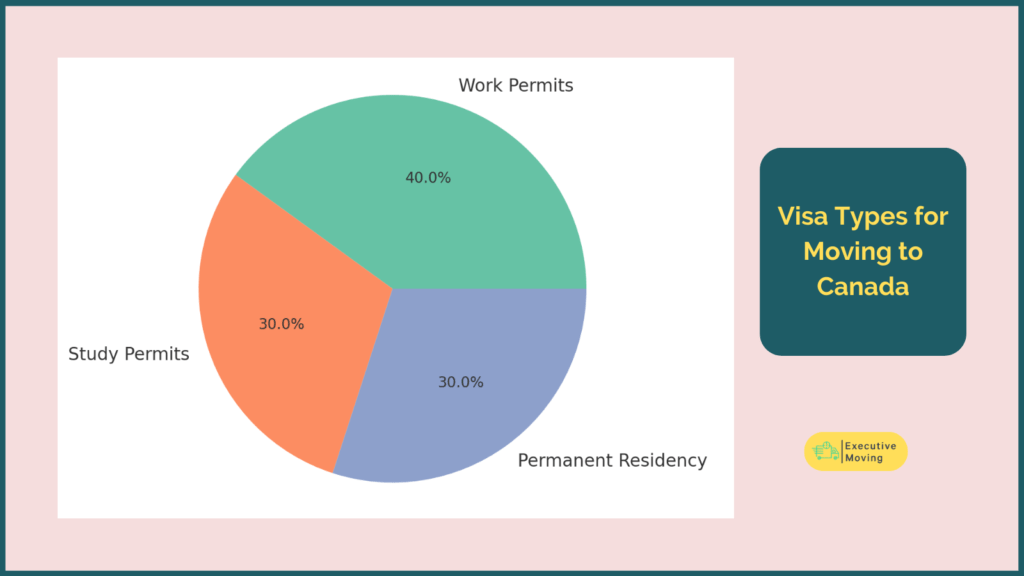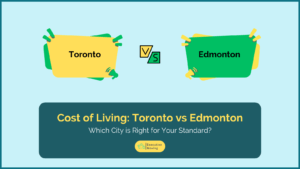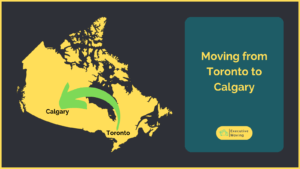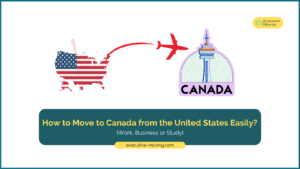From Winnipeg to Toronto:
Moving from Winnipeg to Toronto means swapping wide-open prairies for a bustling metropolis. While the cost of living, especially housing, is higher in Toronto, you’ll gain access to diverse job opportunities and a rich cultural scene.
Toronto’s neighborhoods are vibrant and varied, making it easy to find a spot that fits your lifestyle.
From Québec to Toronto:
Relocating from Québec to Toronto means transitioning from a predominantly French-speaking city to a multicultural hub. While you might miss Québec’s unique charm, Toronto offers a dynamic job market and a fast-paced lifestyle.
Prepare for a busier environment and the convenience of Toronto’s extensive public transit system that connects the city.
From Halifax to Toronto:
Moving from Halifax to Toronto involves leaving the laid-back, coastal vibes of the East Coast for Canada’s largest urban center. Toronto offers a faster pace, a wider range of job opportunities, and an extensive public transit system.
Expect a significant increase in living costs but also a vibrant city life with endless activities.
From Montreal to Toronto:
Switching from Montreal to Toronto means trading one cultural capital for another, each with its own distinct flavor.
Toronto boasts more English-speaking job opportunities and a larger financial sector, but you’ll find the cost of living is higher.
Toronto’s lifestyle is more fast-paced, offering diverse neighborhoods and a bustling downtown core.
From Saskatoon to Toronto:
Moving from Saskatoon to Toronto introduces you to a fast-paced, diverse urban environment.
Expect a steep increase in living costs, but also gain access to a wealth of career opportunities, entertainment, and cultural amenities. Toronto’s efficient public transit system will make commuting easier compared to Saskatoon’s car-dependent lifestyle.
From USA to Toronto:
Relocating from the USA to Toronto is typically smooth due to the shared language and cultural similarities. Toronto is known for its diversity, robust healthcare system, and strong job market.
You’ll experience a cosmopolitan atmosphere and efficient public transit, but be prepared to adjust to Canadian currency, metric system, and colder winters.
